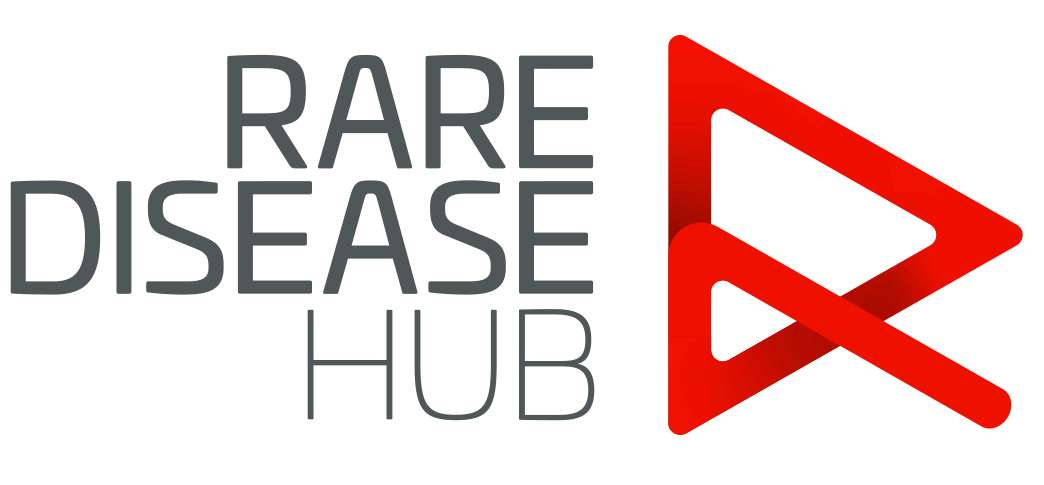Rare Disease Hub is for UK healthcare professionals only. This website has been initiated and developed by Takeda. This educational website includes content that may mention Takeda products.
Copyright © 2022 Takeda UK Ltd.
C-APROM/GB/RDG/0013
February 2022
